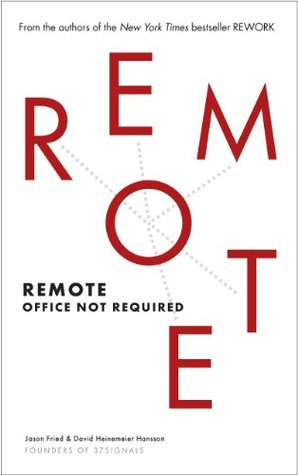Meetings. Ah, meetings. Know anyone out there who wishes they had more meetings? We don’t either. Why is that? Meetings should be great—they’re opportunities for a group of people sitting together around a table to directly communicate. That should be a good thing. And it is, but only if treated as a rare delicacy. When meetings are the norm, the first resort, the go to tool to discuss, debate, and solve every problem, they become overused and we grow numb to the outcome. Meetings should be like salt—sprinkled carefully to enhance a dish, not poured recklessly over every forkful. Too much salt
Meetings. Ah, meetings. Know anyone out there who wishes they had more meetings? We don’t either. Why is that? Meetings should be great—they’re opportunities for a group of people sitting together around a table to directly communicate. That should be a good thing. And it is, but only if treated as a rare delicacy. When meetings are the norm, the first resort, the go to tool to discuss, debate, and solve every problem, they become overused and we grow numb to the outcome. Meetings should be like salt—sprinkled carefully to enhance a dish, not poured recklessly over every forkful. Too much salt destroys a dish. Too many meetings can destroy morale and motivation. Further, meetings are major distractions. They require multiple people to drop whatever it is they’re doing and instead do something else. If you’re calling a meeting, you better be sure pulling seven people away from their work for an hour is worth seven hours of lost productivity. How often can you say that a given meeting was worth it? Remember, there’s no such thing as a one-hour meeting. If you’re in a room with five people for an hour, it’s a five-hour meeting. Now what about managers? Managers are good. They’re essential. But management, like meetings, should be used sparingly. Constantly asking people what they’re working on prevents them from actually doing the work they’re describing. And since managers are often the people who call the meetings, their very presence leads to less productive workdays. Part...
...more
This highlight has been truncated due to consecutive passage length restrictions.


